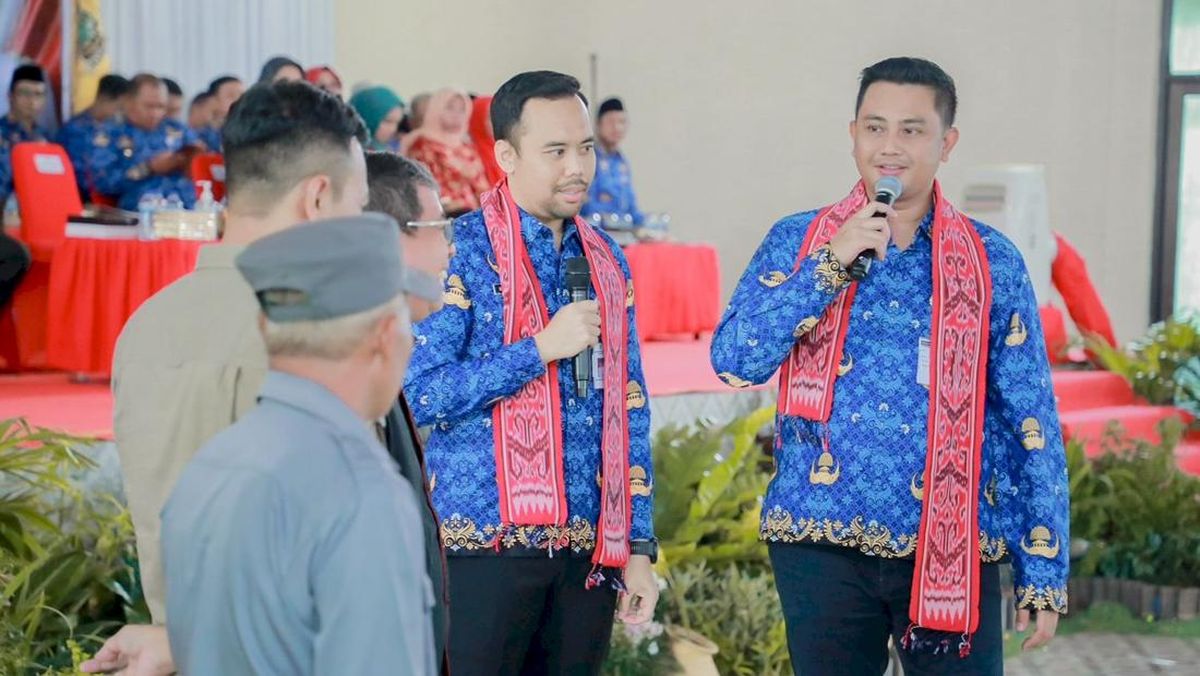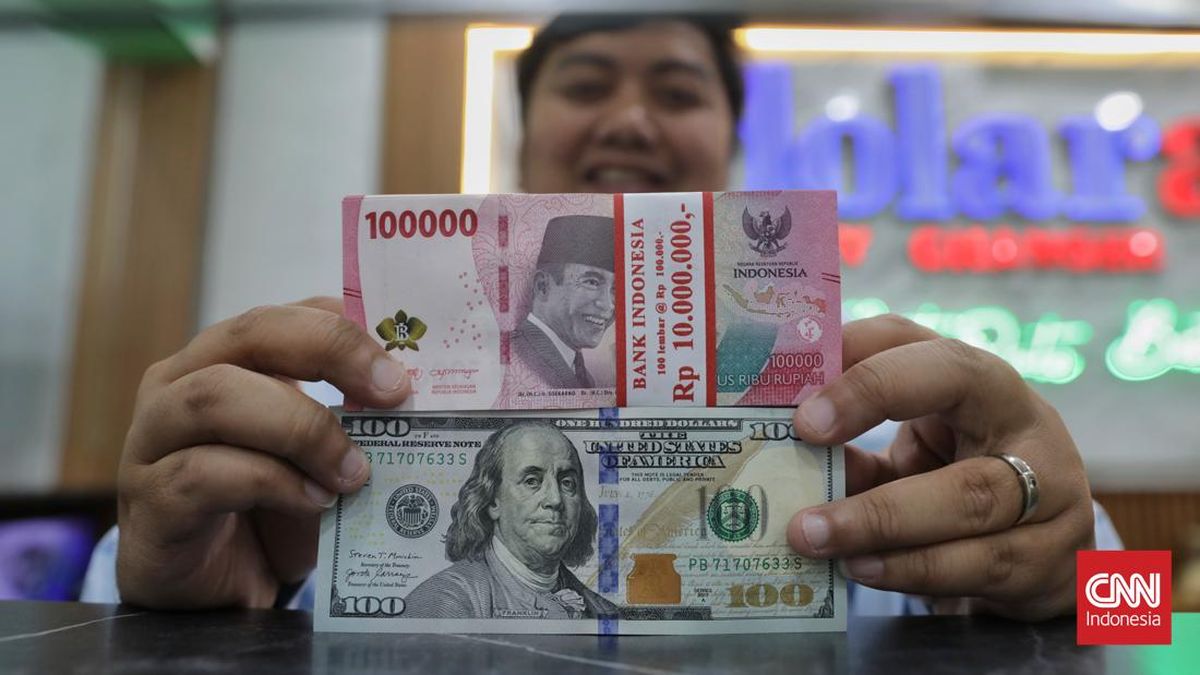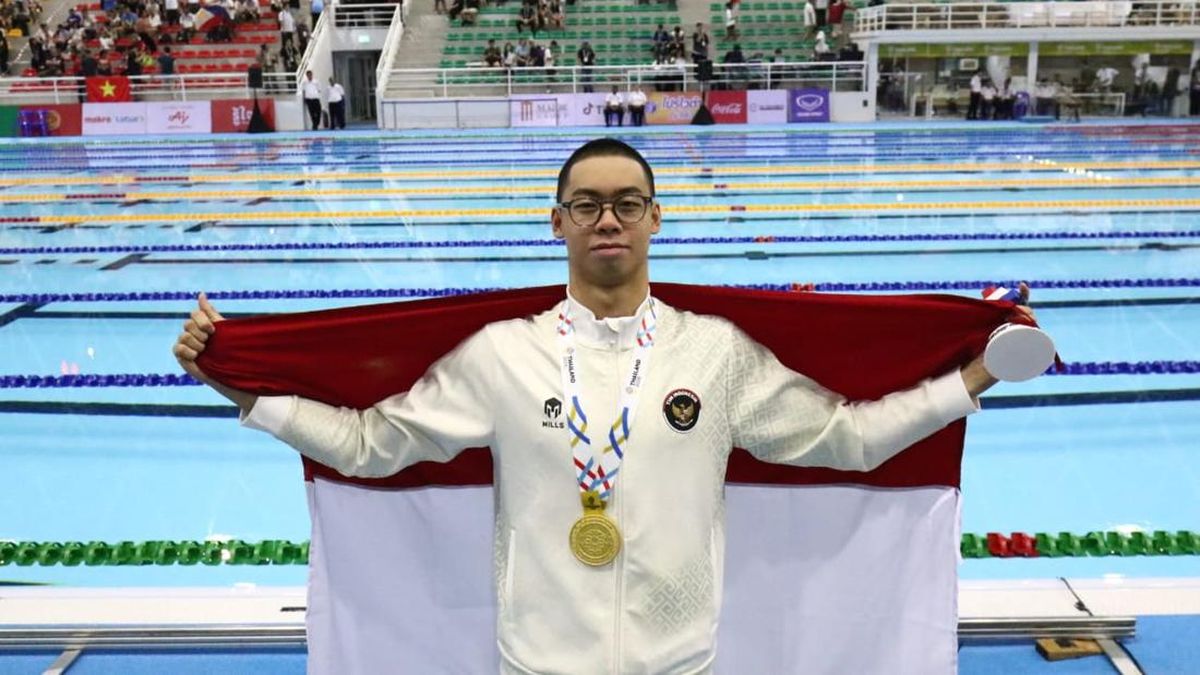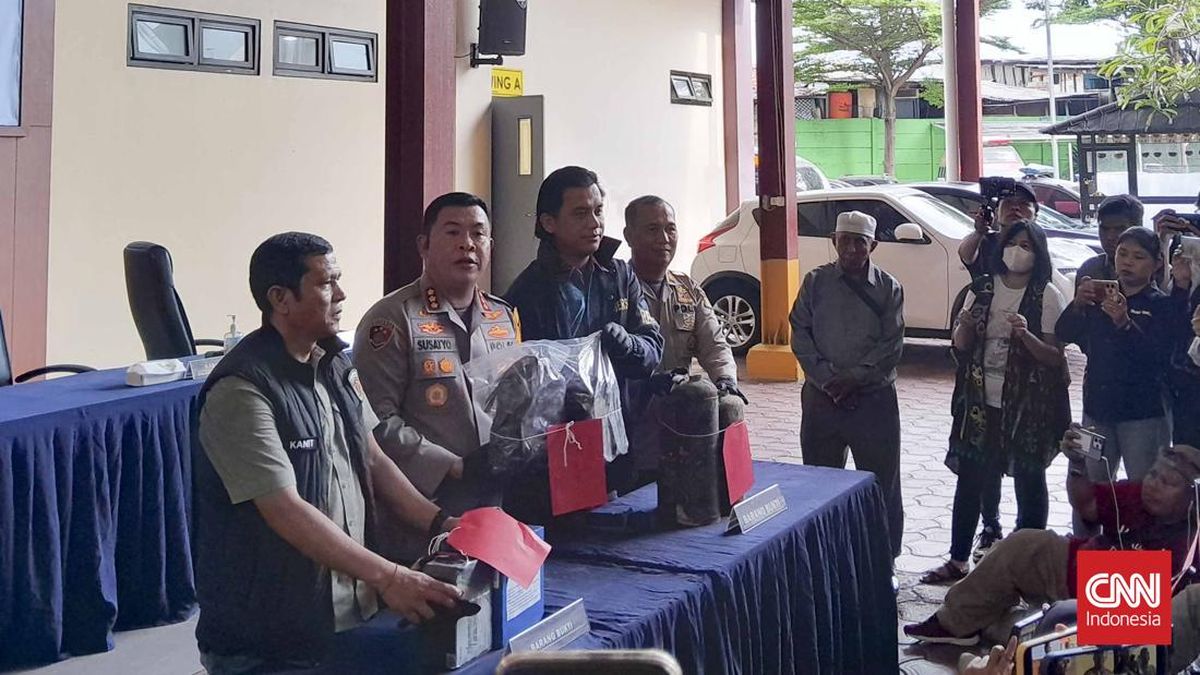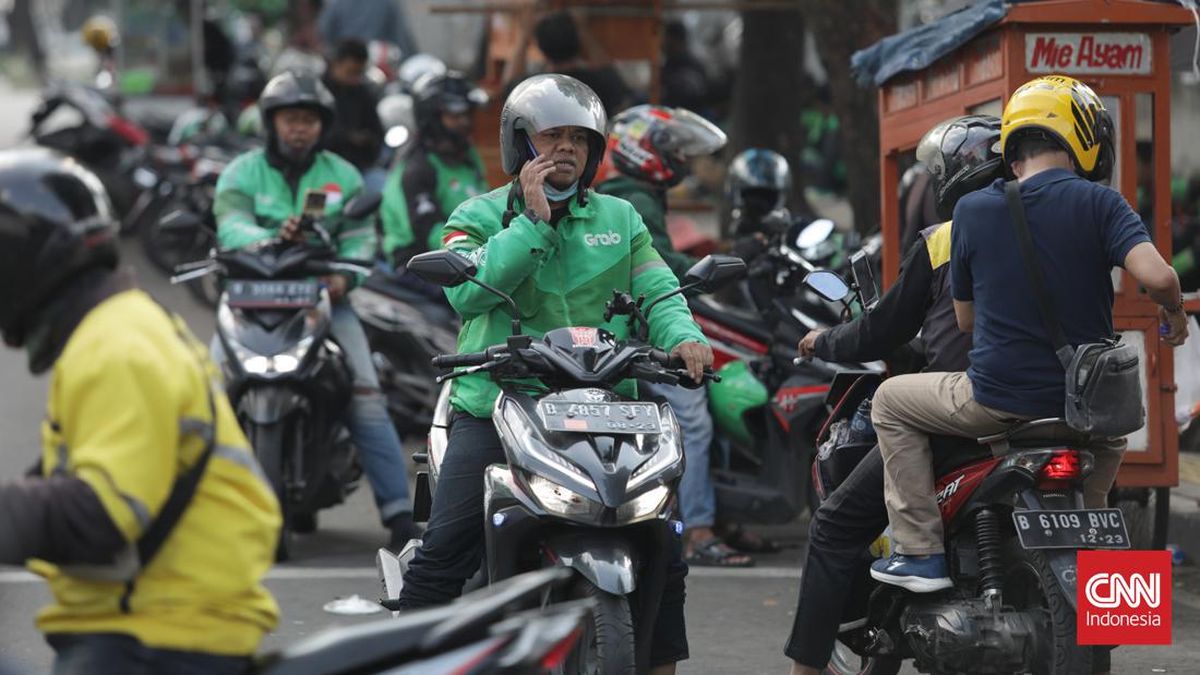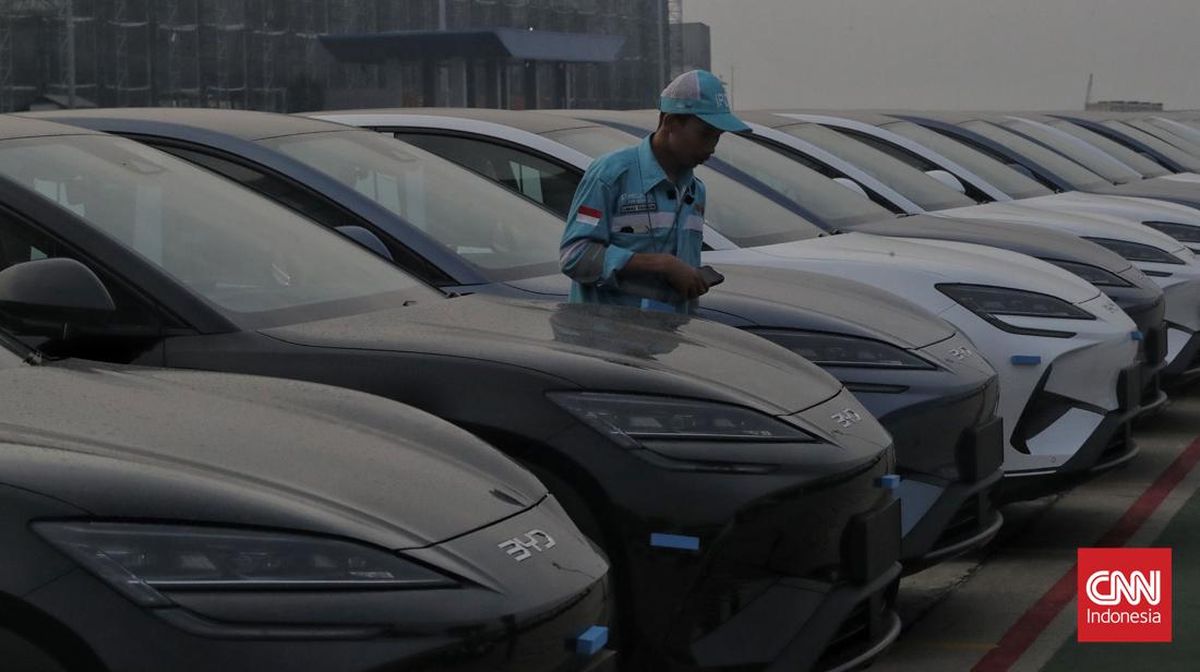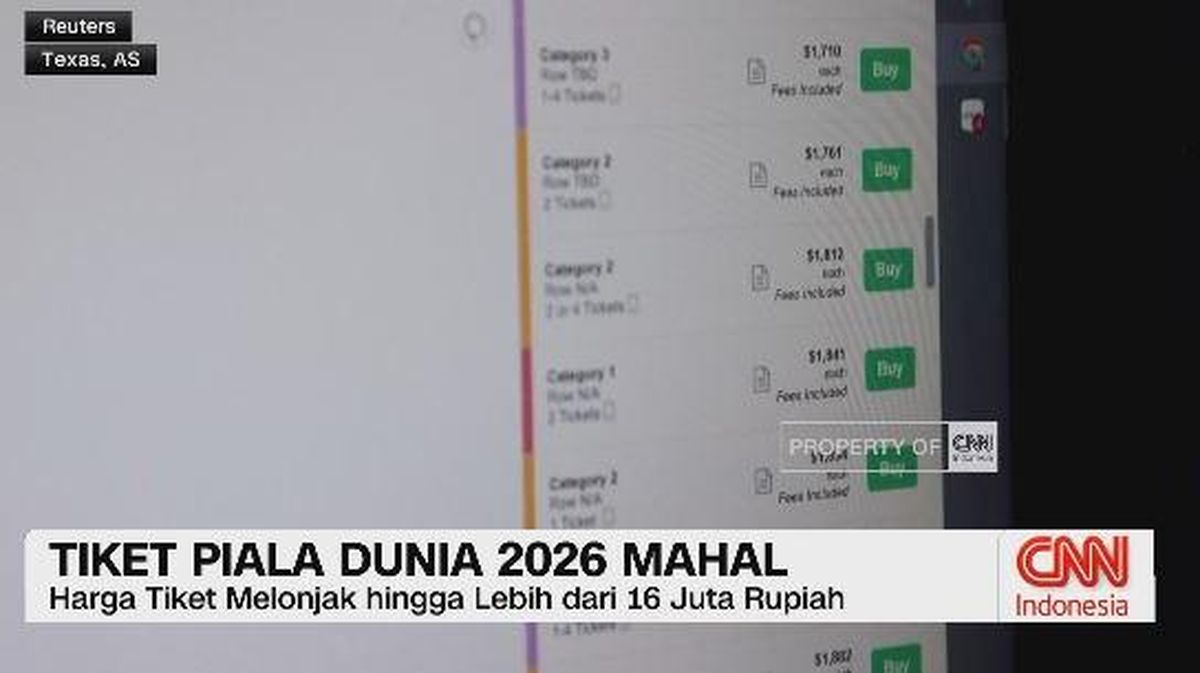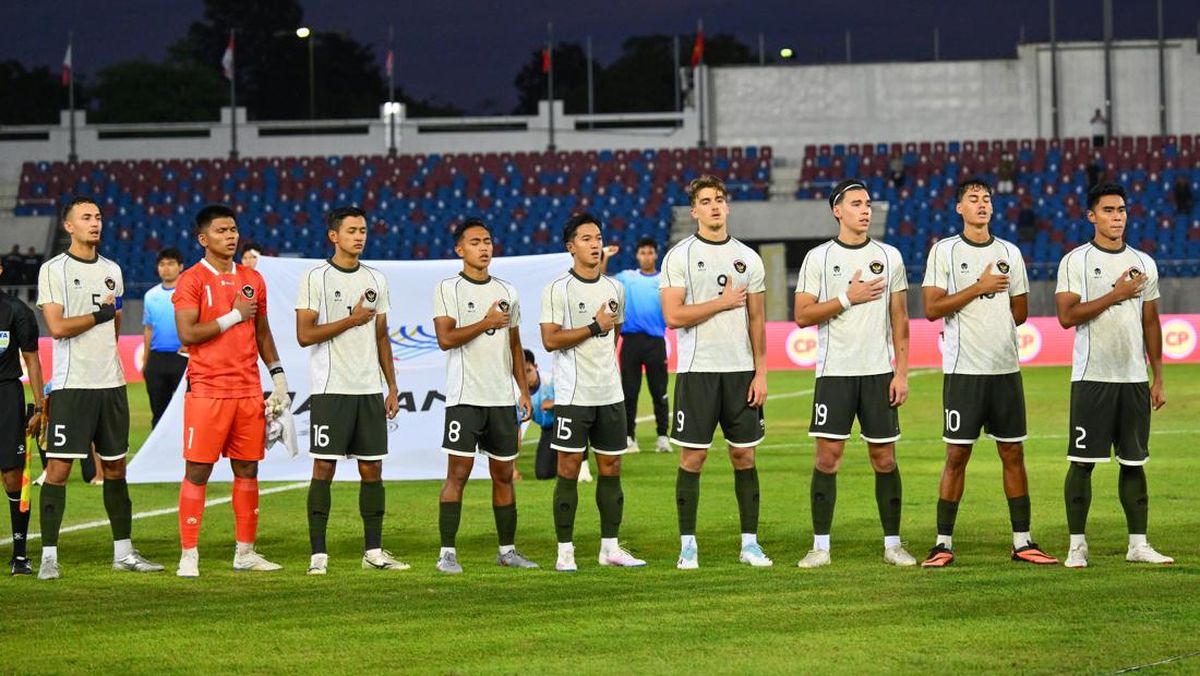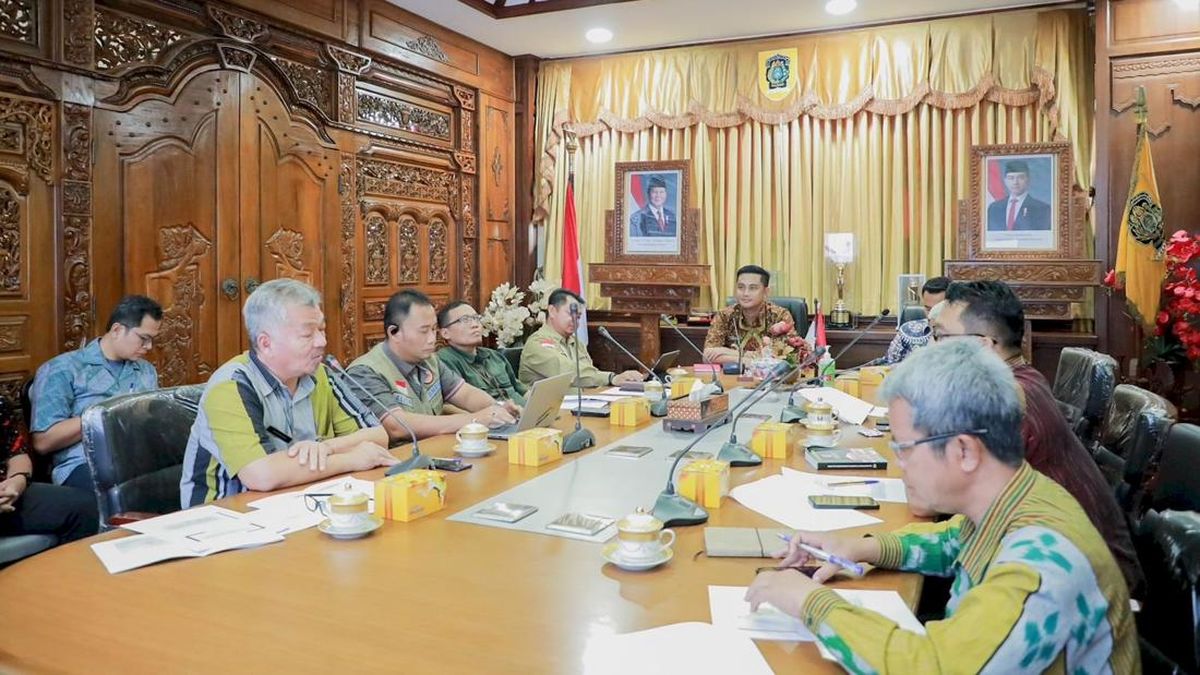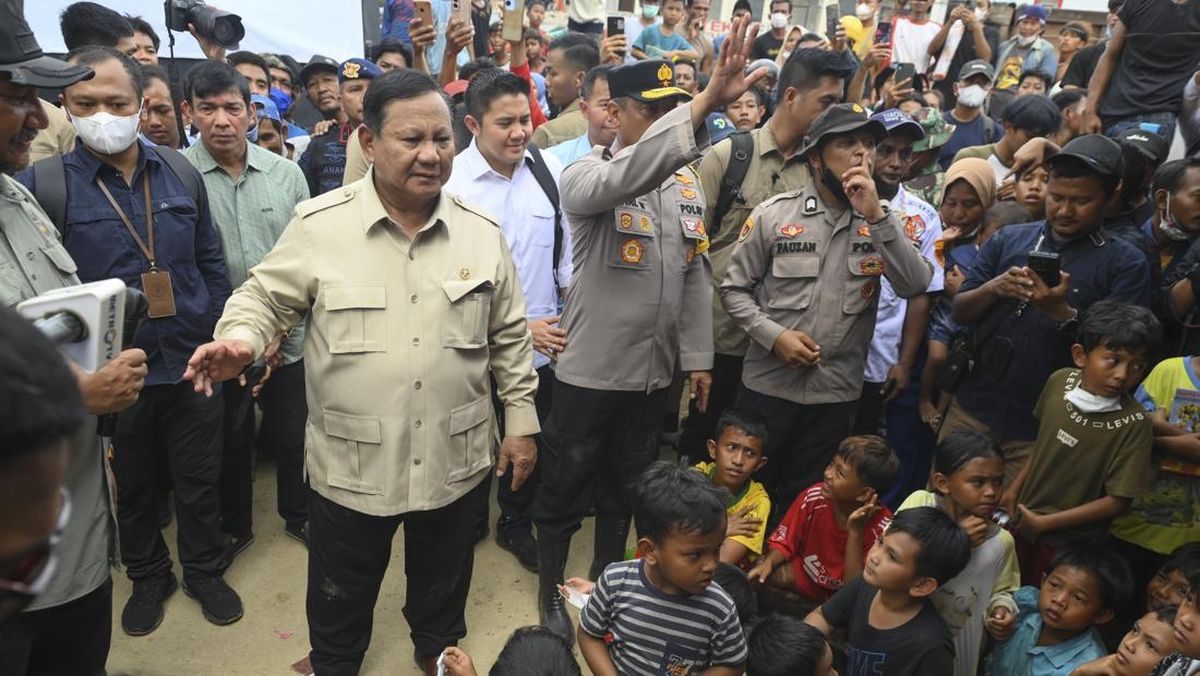Singapore/Jakarta: Indonesian President Prabowo Subianto was thousands of kilometres from troubles at home and at the top of his international game.
In Egypt for last week’s big summit on Gaza and Israel – and the only South-East Asian leader to score an invitation – he rubbed shoulders with world powerbrokers and mused over Middle East peace, even stealing some face time with US President Donald Trump, with whom he has built an ingratiating, thus good, rapport.

President Donald Trump and Indonesian President Prabowo Subianto at the Gaza summit in Egypt.Credit: Getty Images
For purposes that the nearby hot mic failed to pick up, Prabowo used the opportunity to ask for a meeting with Eric or Don Jr, the US president’s sons and business proxies.
Eric would call, Trump said.
Curious stuff.
Still, there he was, dealing with the most consequential human in the world. Prabowo has met more formally with China’s Xi Jinping and Russia’s Vladimir Putin, which, though prompting hand-wringing in Australia, is the expression of Indonesia’s hardwired “free and active” foreign policy, or, in Prabowo’s borrowed words: “One enemy too many, 1000 friends too few”.

Indonesian President Prabowo Subianto (front left) joins Russian President Vladimir Putin, Chinese President Xi Jinping and other world leaders in Beijing last month.Credit: AP
When he marks one year in office on Monday, the ex-general and former Suharto son-in-law will have notched up presidential visits to 24 countries, thrashing out Indonesia’s admission to the BRICS forum for emerging economies, trade deals with Europe and Canada, and making the case for Indonesia to join the Organisation for Economic Co-operation and Development, a move Australia supports.
The global stage is Prabowo’s happy place, analysts say, in contrast to his inward-looking predecessor, Joko Widodo, popularly known as Jokowi, who prioritised building things over foreign affairs.
But as his star ascends with international contemporaries, policy troubles at home compound. He returns from the backslapping at Sharm el-Sheikh to plummeting approval ratings, his signature free nutritious meals policy in a crisis of his own rushed and hubristic making, and a massive cohort of precariously employed and disaffected youths ready to burn up buildings again at any tone-deaf utterance from the ruling elite.
“The middle class is shrinking. People living in poverty are increasing. And all these factors feed into growing resentment and anger,” University of Melbourne professor Tim Lindsey says.
“It comes from the Jokowi period, but it’s being aggravated by these, I think it’s fair to say, policy failures ... and that’s become part of those riots, which are really very serious.”
The most serious demonstrations of Prabowo’s short tenure burst forth in late August, when citizens took umbrage, among other aggravations, to politicians’ decision to award themselves a $5000 a month housing allowance for Jakarta sittings – roughly 10 times the city’s average monthly wage.
The protests intensified after August 28, when 21-year-old motorcycle taxi driver Affan Kurniawan was killed by a speeding armoured police vehicle, with video of the incident spreading on social media. Prabowo responded by comforting the young man’s family for cameras, then, switching to hardman mode, labelling the rioters terrorists and insinuating, without evidence, shadowy foreign actors had sowed the street violence.
Loading
An opinion poll attributed to reputable agency Indikator has the percentage of people satisfied or very satisfied at his performance at 59 per cent, impressive in an Australian context. But this is down from 86 per cent in December last year and 79 per cent in January. Indikator has claimed it did not release the study, but has not refuted its veracity.
“Domestically, it is hard to think of [a success],” ANU Associate Professor Marcus Mietzner says. “His approval rating is down considerably, and there are even credible electoral challengers emerging. That this happens so early in his presidency should concern him. Internationally, he has cut a more credible figure than Jokowi, but that doesn’t give him more political capital at home.”
If wins were measured in political manoeuvring, though, Prabowo has used his first year well. By co-opting enemies and potential enemies into his massive ruling coalition, he in effect has no public-facing political opposition.
But rewarding useful elites with postings in ministries, state-owned enterprises and agencies has compromised bureaucratic competence, according to Muhamad Haripin, from the National Research and Innovation Agency.
“This is Jokowi’s legacy,” he says.

A demonstrator in Jakarta throws a rock at police during a protest last week against lavish allowances given to MPs.Credit: AP
The greatest failure of competence emerged in the free nutritious meals program, a popular pre-election policy and possibly the biggest vote winner alongside the endorsement from the wildly popular Widodo, whose son, Gibran Rakabuming Raka, a political non-event as it turns out, Prabowo controversially picked as his vice-presidential running mate.
Close to 12,000 children have come down with food poisoning from their free meals, more than 1000 of them in the week from October 6 to 12, according to the Indonesian Education Monitoring Network. Prabowo has said one sick child is too many, but he also believes the figure is reasonable when put in the context of “feeding today 35.4 million mouths”.
“There are more military personnel in the executive structure of the National Nutrition Agency than nutritionists,” Trubus Rahadiansyah, a public policy expert from Jakarta’s Trisakti University, says.
Loading
Prabowo says the agency responsible is buying better equipment. But this does raise the question: Why was that not done in the first place?
The noble policy goal is to prevent stunted growth. But instead of targeting children in the first years of life, the money is being spent in schools. Voting parents, of course, loved the idea.
Once fully realised, the program may cost upwards of $40 billion a year, forcing massive cuts in other parts of the budget on top of those already made just to fund the first phases.
Loading
Prabowo talks about the economic multiplier, like farmers and fishers, who, now with guaranteed markets, are expanding their operations. In time, the program could create more than a million direct jobs, he says, going some of the way to lifting economic growth from the long-term average of 5 per cent to his promised 8 per cent.
But Indonesia has not hit this figure since the days of Suharto’s New Order regime, and it is showing no early signs of getting there again.
At least there will always be Egypt.
Get a note directly from our foreign correspondents on what’s making headlines around the world. Sign up for our weekly What in the World newsletter.
Most Viewed in World
Loading

